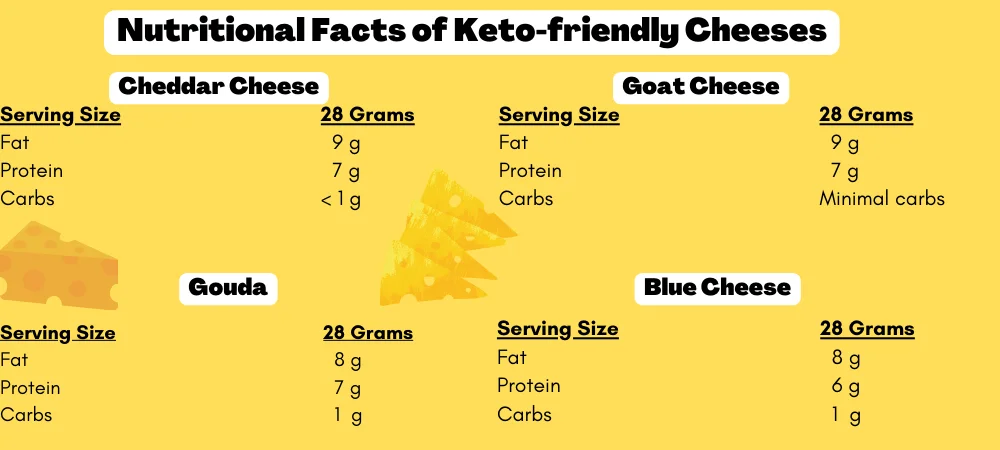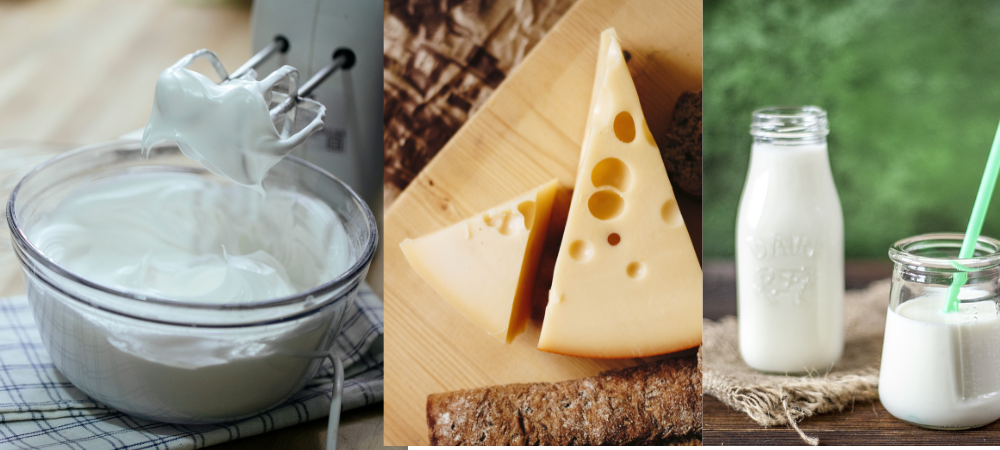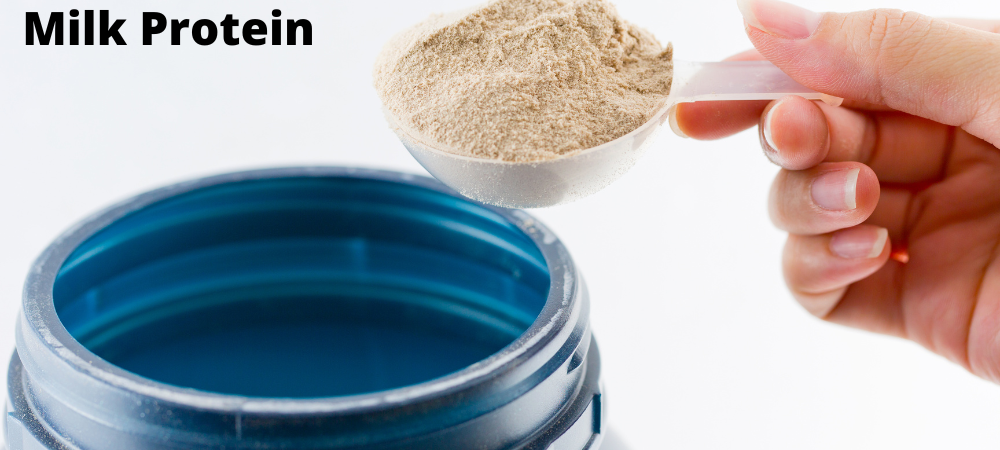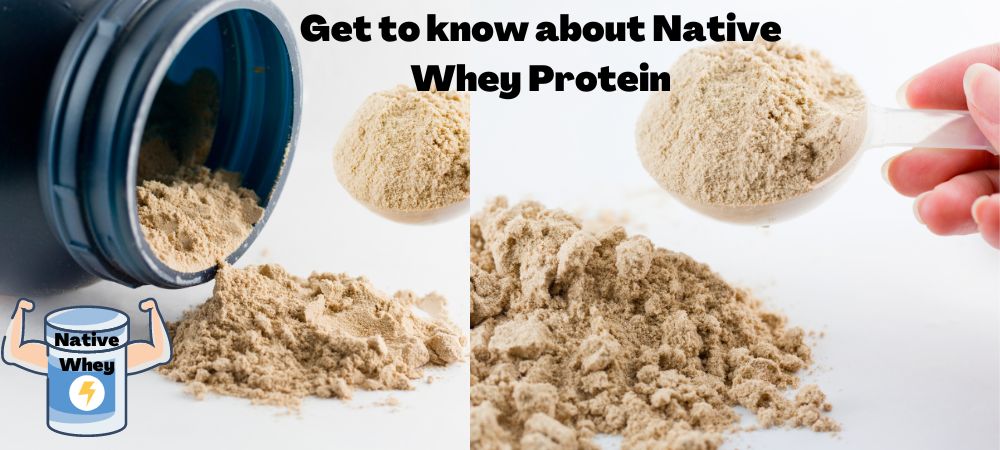The keto diet trend has tremendously increased over the last few years. Simply, the keto diet involves low carbohydrates and high fat with a moderate protein diet. Hence, some foods can be a better choice as compared to others. Among them, cheese can be a perfect keto food. This article will highlight the best cheese for keto diet with a few recommendations for avoiding a few kinds of cheese while following the keto diet plan.
Why cheese for keto diet?
During the keto diet, individuals have to restrict their carbohydrate intake. Moreover, they have to increase their fat consumption in order to get the appropriate calories. Additionally, the ketogenic (keto) diet also includes a moderate intake of protein.
Traditionally, the keto diet plan ensures that carbs intake is less than 50 grams per day. This enables the body to utilize fat instead of carbohydrates as the primary energy source, which is called ketosis (1).
Such low-carb intake is possible through a dairy product, cheese. Commonly, cheeses have high-fat content, low carbohydrates, and moderate protein content, making them ideal for the keto diet plan.
However, different cheeses vary primarily in their fat and carbohydrate contents, depending on their processing level. For this reason, few kinds of cheese are better suited for a ketogenic diet when compared to others.
Best cheeses to eat for keto diet
The best low-carb and high-fat cheeses are discussed below.
Cheddar cheese
Cheddar cheese is one of the famous cheeses known for its deep yellow color. Interestingly, it is available in a range of varieties based on flavor, from sharp to mild. Thus, people can purchase a variety according to their taste preferences.
It is estimated that one ounce (28 g) of mild cheddar cheese can provide:
- 9 grams of fat
- 7 grams of protein
- Less than 1 gram of carbohydrates (2).
Cheddar cheese contains a wonderful combination of creaminess and acidity. Moreover, it melts delightfully on sandwiches, fast food (i.e., burgers), and keto bread.
Goat cheese
As the name suggests, goat cheese is made from goat milk and is an excellent creamy cheese for the keto diet. It has a tart flavor, and it is also known as chevre.
In 28 grams (1-ounce) serving, goat cheese provides:
- 9 grams of fat
- 7 grams of protein
- About zero carbs
- 103 calories (3).
Although goat cheese is not suited for melting, you can try it in appetizers, omelets, salads, as well as casseroles.
This cheese is also suitable for lactose intolerant people because of its low lactose content.
Gouda
Gouda is a yellow, creamy, and somewhat sweet cheese. Commonly, it is made from cow milk.
In one ounce serving (28 g), Gouda contains:
- Fat: 8 grams
- Protein: 7 grams
- Carbs: 1 gram (4).
Gouda cheese has a low melting point, which means it can easily be utilized to top burgers and could be added to low-carb pasta and keto mac.
Blue cheese
Blue cheese is famous for its creamy texture and deep flavor. It is a unique variety among the cheeses, which is made using the culture of certain molds in order to develop specific characteristics (1).
Nutritionally, 1 ounce serving of blue cheese contains:
- Fat: 8 grams
- Protein: 6 grams
- Carbs: 1 gram (5)
You can add fresh blue cheese to salads, mix it in a dip and utilize it to make a splendid sauce in order to pair with keto-friendly noodles.
Cream cheese
Cream cheese has a mild flavor and is reasonably soft. Commonly, one ounce of cream cheese provides:
- Fat: 8 grams
- Protein: 2 grams
- Carbs: 1 gram (6).
Cream cheese has a fairly high-fat content, so you can easily use it in a snack (like pickle roll-ups) or meal.
Parmesan Cheese
Parmesan is a hard, dry cheese traditionally made from cow milk. Generally, it is gritty in texture and has a fruity and nutty taste. Parmesan cheese is actually a straw color cheese with natural yellow rind.
Nutritionally, about one ounce (28.35 grams) of parmesan cheese has:
- Fat: 7.2 grams
- Protein: 10 grams
- Carbs: 0.9 grams (7).
Mostly, parmesan is used in the grated form and is widely popular for its use in pasta. It is also delicious when used as a salad topping.
Cheeses to avoid on keto diet
Some cheeses have high carbohydrates, so they must be avoided for the keto diet.
Cottage cheese
Cottage cheese is known for its high protein content as it is made while separating casein and whey, which are two major milk proteins.
Although the cottage is thought to be a healthy option, it has a relatively high content of carbohydrates.
About half-cup, or 114 grams of cottage cheese provides:
- Fat: 5 grams
- Protein: 14 grams
- Carbs: 5 grams (8).
Cottage cheese has a fairly good amount of carbs with a relatively smaller fat content. Therefore, it is not a good choice for keto dieters.
Processed and low-fat cheeses
Since the aim of the ketogenic diet is to take high fat, you should avoid cheeses containing low fat. For instance, low-fat cheddar cheese provides only 2 grams of fat (per 1-ounce serving) as compared to full-fat regular cheddar, which gives 9 grams of fat per ounce (1).
Similarly, processed cheeses should also be avoided in the keto diet plan. Although processed products may contain the appropriate amount of fat, they also provide other unhealthy components, including canola oil, whey powder, preservatives, food colours, emulsifiers, and other chemical additives. Such ingredients are generally not present in cheeses, which are produced naturally.
For example, varieties of American cheese, ricotta cheese, canned or spray cheese, and other similar processed products contain unhealthy macro nutrients (9).
Additionally, scientific research has shown that the intake of processed foods is linked with a high risk of cardiovascular diseases (10).
Other benefits of cheese consumption
Similar to high-quality dairy products, the consumption of cheese also provides various beneficial micronutrients, including fat-soluble vitamins (i.e., A, B12, K) and minerals like calcium and phosphorus.
Cheeses are a good source of protein that is necessary for various body functions, including building muscles and cell structure and assisting enzyme production (11).
The cheese provides essential nutrients that help in weight loss, neurological health, improved heart functioning, digestion, and decreased inflammation in the body (12, 13).
Some cheese for keto diet may have low lactose content, which is good for lactose intolerant people. For example, cheddar and parmesan cheeses have a limited amount of lactose.
Downside of eating cheese for keto diet
Cheese could be a rich source of essential nutrients; however, precautions must be taken if you have symptoms.
Some people have lactose intolerance, so they can’t digest lactose (a sugar). Cheese might have a high content of lactose. If eaten by lactose intolerant people, such cheese might lead to diarrhoea, bloating, and other digestive issues. However, low content of lactose might not be an issue for any individual.
In addition, people may be allergic to dairy proteins, especially casein, which can be found in some cheeses. The symptoms of allergy can vary and might lead to a life-threatening condition in some cases (14).
Summary
Keto dieters can consider eating cheese with high fat and low carb content. But some cheeses are more suitable for keto in comparison with others. It depends primarily on their fat and carbohydrate content.
Some of the best cheese for keto diet include cheddar, goat, Gouda, cream cheese, blue cheese, and parmesan cheese. On the other hand, cottage cheese, ricotta, American, and canned or spray cheeses are not suitable options for keto for two major reasons: low-fat content and processing conditions.
Thus, processed varieties should be avoided if you are thinking of following the ketogenic diet. Remember that it’s essential to stick with the highest quality keto cheese.




